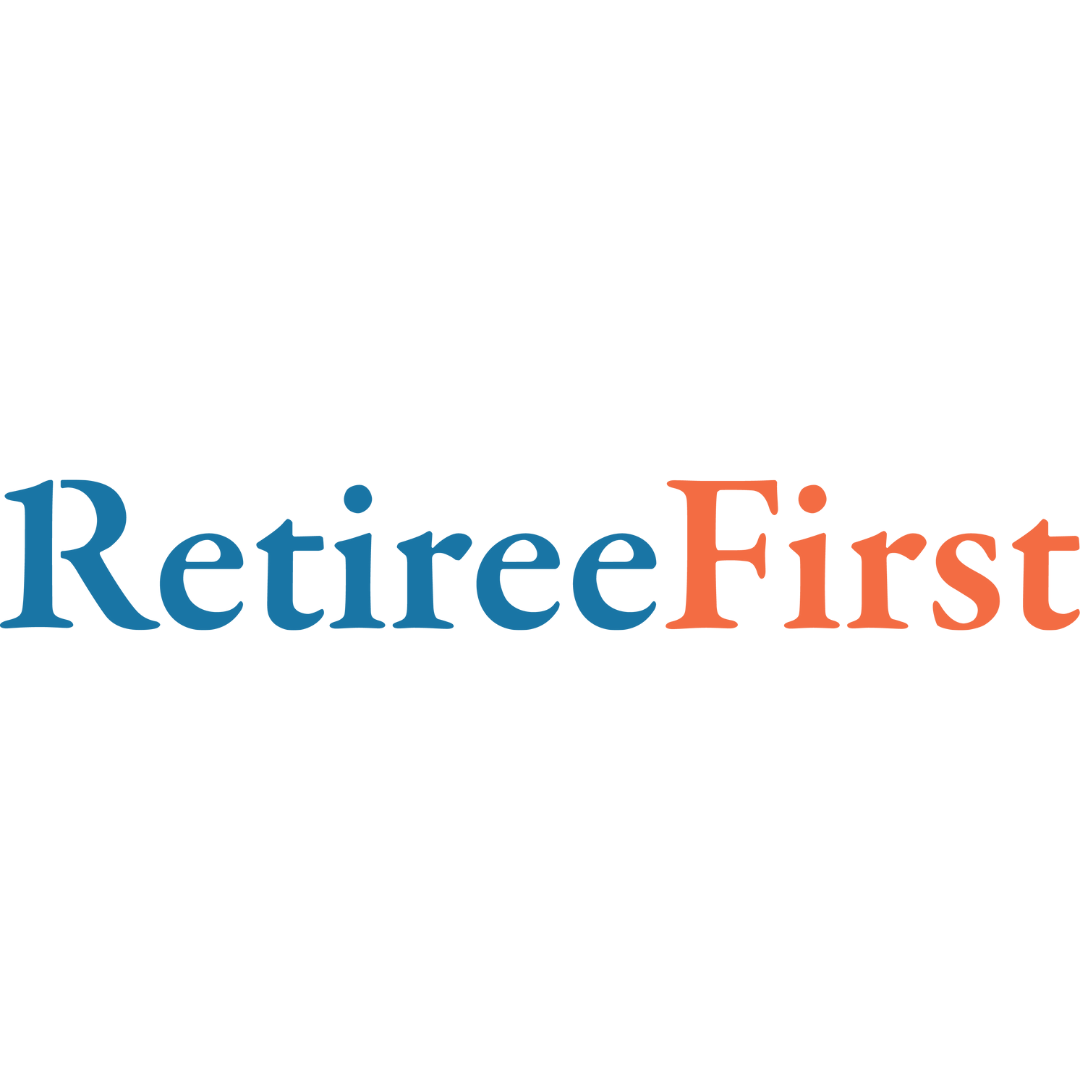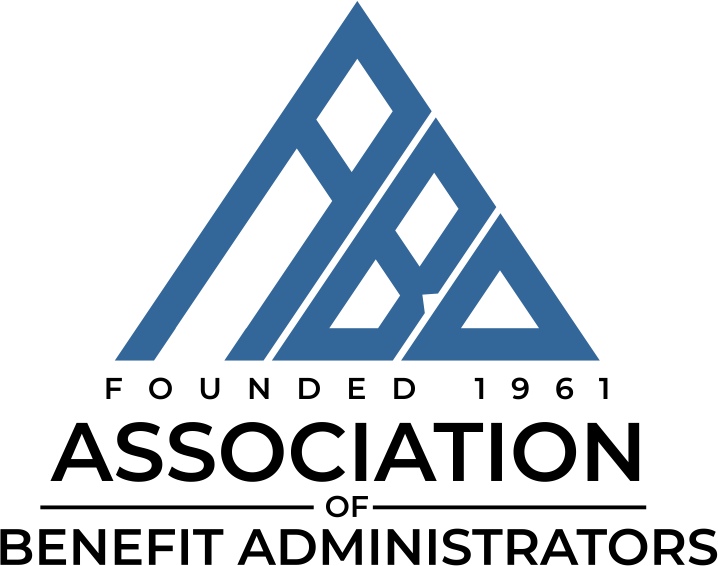
Employee Retirement Income Security Act (ERISA) Lawyers
The Employee Retirement Income Security Act (ERISA) sets minimum standards for retirement, health, and other benefit plans, including life insurance and disability insurance. The act was originally signed by President Gerald Ford in 1974 to address issues that related to corporate pension plans. This act was put in place because Studebaker Motor Company filed bankruptcy and left the company employees without any compensation.
ERISA was set up to protect the retirement assets of Americans. It is regulated by the Employee Benefits Security Administration (EBSA), the U.S. Department of Labor (DOL), the Department of Treasury, and the Pension Benefit Guaranty Corporation.
This act addresses the effects of transactions that are associated with employee benefit plans. It also states the rules that qualified plans must follow to make sure that the plan fiduciaries do not misuse the assets of the plan. In the past several years, ERISA has been amended numerous times to accommodate changes to pensions.
What Do I Need to Know About Erisa?
These are the responsibilities of ERISA:
- Conduct: ERISA regulates the conduct of managed care (such as HMOs) and other fiduciaries (i.e., individuals that are financially responsible for the plan’s administration).
- Reporting and Accountability: ERISA requires detailed reporting and accountability to the federal government.
- Disclosures: Certain disclosures must be available to plan participants in the form of a plan summary. The summary outlines what benefits are offered, the rules are for getting those benefits, the plan’s limitations, and other guidelines.
- Safeguards and Procedures: ERISA requires that a written policy be established that details how claims should be filed and a written appeal process for claims that are denied. ERISA also requires that claims appeals are handled in a timely manner that is in the best interests of the employees.
- Financial Protection: ERISA is enacted to ensure that plan funds are protected and delivered in the best financial interest of the plan members. ERISA also prohibits discriminatory practices in obtaining and collecting on the plan benefits for qualified individuals.
What is ERISA Litigation?
ERISA is a continuously growing area, which means that attorneys that advise on employment matters need to deal with up-to-date changes in the law on a frequent basis.
Typically, the Employee Benefits Security Administration (EBSA) establishes that employers neglect to comply with the rules under ERISA during the following circumstances:
- The employer does not operate the offered benefit plans in a manner that is for the benefit of all participants
- Employers use plan assets to benefit only certain parties to the plan, which may include the plan administrator, the plan sponsor, and persons related to those individuals
- Administrators of the plan do not properly value plan assets at current fair market values or hold these assets in a trust
- The plan administrators do not choose to properly select and monitor service providers
- The employer retaliates against an employee for exercising their rights under the plan (i.e., termination, fines, or facing issues of discrimination)
Contact Us
If you participate or have participated in an employee benefits plan offered by your employer, and you believe that your investments are at risk, contact the law office of Hach Rose Schirripa & Cheverie LLP at 212-213-8311 for a consultation.






























